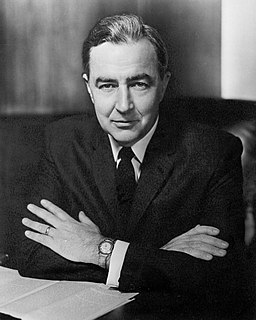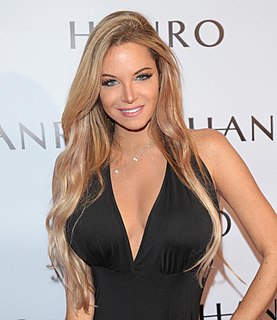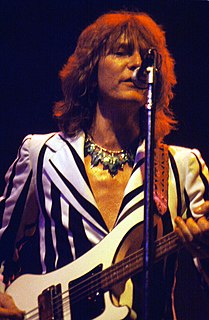A Quote by Mohammed Saeed al-Sahaf
It did suffer and it became very weak, while the reporters from Iraqi radio and television stations were more active and had more accurate information.
Related Quotes
In the '70s, the newspaper guild managed to get people paid what they were worth, but the reporters suddenly became middle class. It's much more respectable, more uptight, and everyone speaks in guarded tones. And the writing isn't as good. We always had guys who were failed poets and failed novelists who did it to eat.
There is danger in the concentration of control in the television and radio networks, especially in the large television and radio stations; danger in the concentration of ownership in the press...and danger in the increasing concentration of selection by book publishers and reviewers and by the producers of radio and television programs.
Since I was very young I've been fascinated with nature and I actually wanted to be a marine biologist when I was very young. That was a great passion of mine. So I suppose in the off season when I'm not making movies, I became more and more active as an environmentalist trying to be more vocal about issues that I felt were important.
In a democracy, if people don't have accurate information, how can they be active citizens? How can they be part of the debate? And if you are facing powerful forces on the right and in Trump administration who want to create an alternative reality that feeds into their objectives for our country, you more than ever need the press to cut through that, and to be as accurate as possible.
Many more children observe attitudes, values and ways different from or in conflict with those of their families, social networks,and institutions. Yet today's young people are no more mature or capable of handling the increased conflicting and often stimulating information they receive than were young people of the past, who received the information and had more adult control of and advice about the information they did receive.
Television in the 1960s & 70s had just as much dross and the programmes were a lot more tediously patronising than they are now. Memory truncates occasional gems into a glittering skein of brilliance. More television, more channels means more good television and, of course, more bad. The same equation applies to publishing, film and, I expect, sumo wrestling.
Therefore, doing the Stations of the Cross was still more laborious than consoling, and required a sacrifice. It was much the same with all my devotions. They did not come easily or spontaneously, and they very seldom brought with them any strong sensible satisfaction. Nevertheless the work of performing them ended in a profound and fortifying peace: a peace that was scarcely perceptible, but which deepened and which, as my passions subsided, became more and more real, more and more sure, and finally stayed with me permanently.



































